The views expressed in our content reflect individual perspectives and do not represent the authoritative views of the Baha'i Faith.
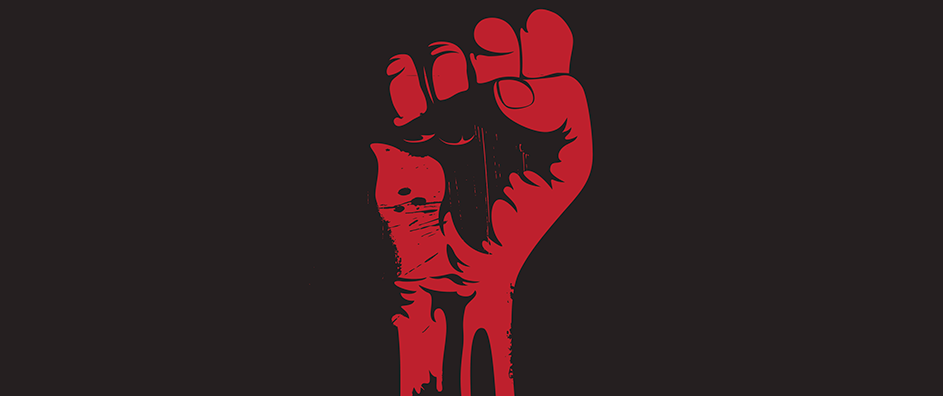 A new friend from China recently asked me: “Can I be a Baha’i and a member of a political party, or of some other religion?”
A new friend from China recently asked me: “Can I be a Baha’i and a member of a political party, or of some other religion?”
This inquisitive visitor from China recently came to a “fireside,” an informal gathering at my home that involved Baha’is and friends with an interest in discussing the unity of humanity. In these warm, heart-to-heart meetings, we share personal experiences, reflect on topics such as the purpose of life, what it means to live spiritually, and what happens to us when we leave this world. We talk about why so many religions exist, and the similarities and differences between these religions and other political and social systems of thinking like Christianity or communism.
This new friend said he felt so touched by the teachings of the Baha’i Faith and the loving Baha’i community that he wanted to become a Baha’i. We warmly welcomed him — the Baha’i Faith is very inclusive and all are welcome to join. A few days later, he told us that he had attended Bible Studies, and also believes in the principles of communism. He wondered if he could be a Baha’i while being a member of another church or a political party.
I love meeting new friends who have discovered the Baha’i Faith for the first time. Their questions have often led to new insights for my own spiritual awakening, and helped me learn to live as a better Baha’i. Recalling the excitement I experienced myself when I discovered the Baha’i Faith in Atlanta, Georgia, I can relate to his profound wonderment at discovering this new Faith.
While a student at Emory, a clergyman invited me to Bible Studies myself. I declined because I didn’t feel that I was a lost sheep, or that I needed to be saved by an elderly Chinese American preacher and his congregation. The invitation to study together from the Baha’is was completely different, however.
The Baha’is I knew invited me to build a better world with them — because it can’t happen without the active participation of the world’s people.
“Noble have I created thee,”
Baha’u’llah said to us in The Hidden Words. How readily my heart resonated with this message, especially since my Chinese upbringing imbued in me the belief that all human beings emerge pure and kind when we first came to this world. The vision of working with loving partners who consider me as a noble being worthy of helping to build a better world – that was an invitation that I felt honored to accept. After all, one of the banners on the Tian An Men (the Gate to Heavenly Peace) that separated the old Imperial Palace from the people of Beijing states: long live the unity of all peoples in the world.
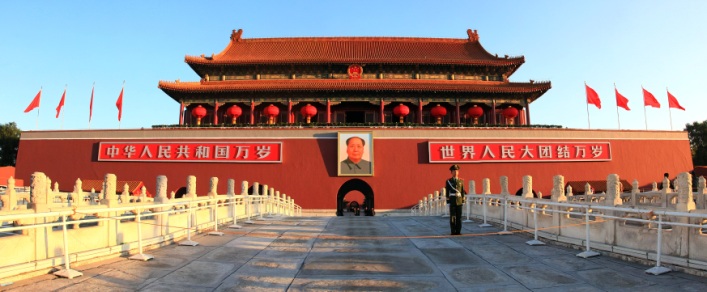
The left one reading: “Long Live the People’s Republic of China” while the right one reading: “Long Live the Great Unity of the World’s Peoples.”
Since the day I became a Baha’i, the Faith’s teachings have revealed to me that we are spiritual beings that temporarily live in a practical world, rather than material beings. I’ve learned that spiritual principles can propel us to choose unity and self-sacrifice; whereas material pursuits can justify self-serving actions detrimental to the unity of our family, work place, and between countries. Through daily reading of the Baha’i Writings, prayers and meditation, Baha’is learn to live according to Baha’u’llah’s Teachings, which transform our inner thoughts and our outer actions so that they may become bright candles — and help build a better world in the process.
So how did I answer my new friend? I told him that the Baha’i Faith enthusiastically encourages the study of other religions. Because we believe that all religions come from the same God, Baha’is love and respect all Faiths equally. I explained that Baha’is don’t join other faiths, because we believe that this latest message from God encompasses them all.
And what about communism? Well, I told my friend, Baha’is believe in God and strive to live a spiritual life. Many Baha’is live in communist countries with one-party political systems – and Baha’is are loyal to their governments, following the legal requirements of their countries diligently. If the law of the land requires them to belong to a party, Baha’is comply – but if they have a choice, Baha’is refrain from involvement in partisan politics. I showed my friend this passage from the Guardian of the Baha’i Faith, which outlines the Baha’i principle of non-participation in politics:
To some of the principles and ideals animating political and ecclesiastical institutions every conscientious follower of the Faith of Baha’u’llah can, no doubt, readily subscribe. With none of these institutions, however, can he identify himself, nor can he unreservedly endorse the creeds, the principles and programs on which they are based. – The World Order of Baha’u’llah, p. 198.
My friend understood. He’s continuing his study, and discovering the beauty of the Baha’i principles.
You May Also Like
Comments



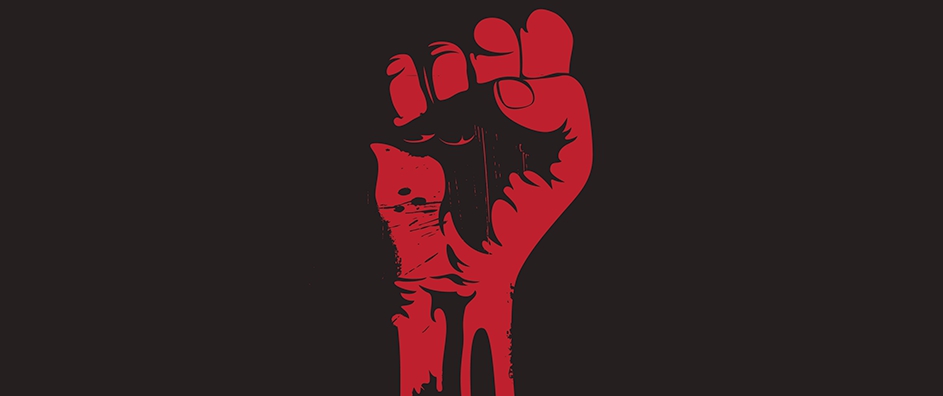
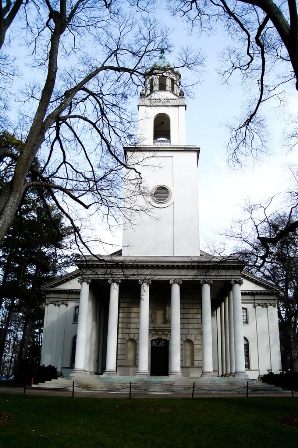
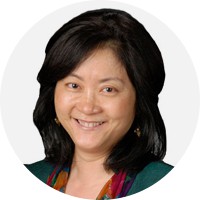












While there's also *a lot* within Marxism that is disagreeable to the Faith's principles, there's no reason a Bahá'í couldn't ground him or herself on the writings of Marx and those sociologists and philosophers that followed in his footsteps. I think ...a perfect example of this are the similarities the Faith shares with Latin-American Liberation theology, which is essentially "Marxist Catholicism." I think we can put Marxist communism in dialogue with the Faith; we simply can't adopt it as a party, or advocate it as political platform.